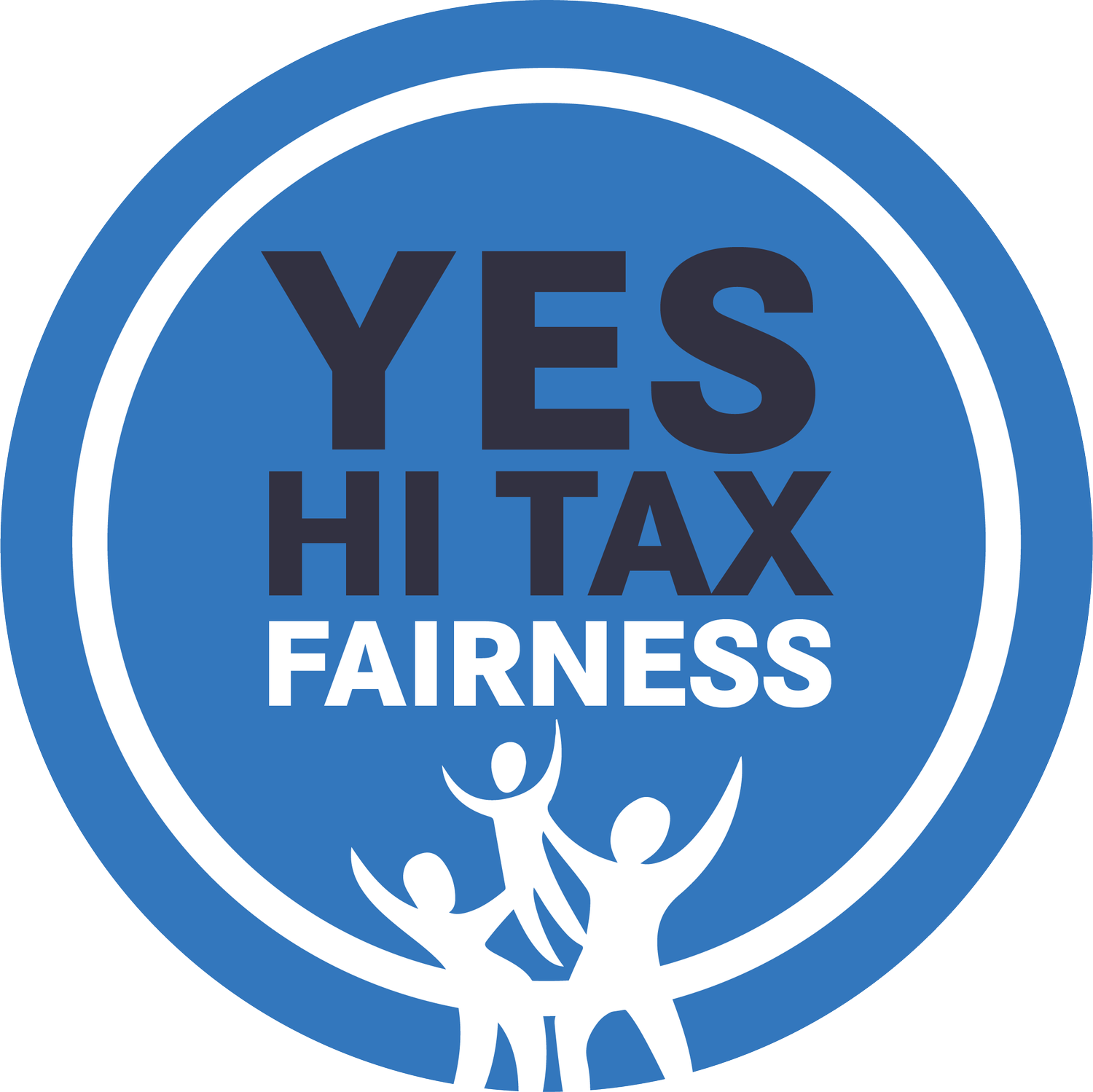Hawaiʻi senate committee mulls inheritance and conveyance tax increases
But the tax proposals won support from some left-leaning activists who argue that the wealthy received enormous tax cuts under the Tax Cuts and Jobs Act of 2017. Backers of the bill see this as an opportunity for the state to claim some of that tax savings now being enjoyed by the rich.
Nicole Woo, director of research and economic policy for Hawaiʻi Children's Action Network Speaks, said cutting government spending during a recession would “further harm our already injured economy.”
Instead, “it makes sense to ask those who are fortunate enough to be doing well in this economy to pay more, in order to prevent cuts to critical government services that so many struggling working families have come to rely on,” Woo wrote.
The proposed conveyance tax increase in the bill would apply to sales of non-owner occupant properties worth $4 million or more. Properties worth more than $4 million would see their conveyance tax double, while the tax on sales for more than $6 million would triple, and sales of properties worth more than $10 million would quadruple.
The changes to the state inheritance tax portion of the bill would reduce the amount of inheritance that is exempt from the state inheritance tax from $5.49 million now to $3.5 million if the bill passes.
When asked why the state would increase taxes immediately after benefiting from a huge federal bailout, Dela Cruz replied in a written statement that the state has some large debts looming.
They include $750 million that Gov. David Ige borrowed last year to help cover state operating costs, and hundreds of millions of dollars in payments that are due for future health care benefits for state employees and retirees.
The state has also borrowed $723 million to help pay unemployment benefits to jobless workers. Technically it is Hawaiʻi’s employers who are obligated to repay that money. However, House and Senate leaders say the state should cover that debt because the state shut down tourism during the pandemic, triggering business closures and layoffs.

